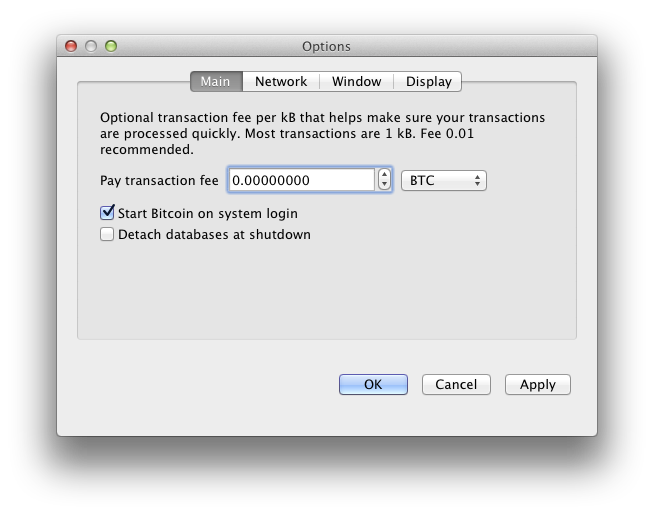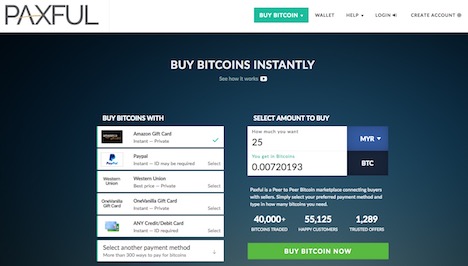

- #BITCOIN CORE RPC INTERFACE FULL#
- #BITCOIN CORE RPC INTERFACE SOFTWARE#
- #BITCOIN CORE RPC INTERFACE LICENSE#
* Lesser General Public License for more details. * MERCHANTABILITY or FITNESS FOR A PARTICULAR PURPOSE. * but WITHOUT ANY WARRANTY without even the implied warranty of * This library is distributed in the hope that it will be useful, The RPC interface allows other programs to control Bitcoin Core, including the ability to spend funds from your wallets, affect consensus verification, read. * version 2.1 of the License, or (at your option) any later version.
#BITCOIN CORE RPC INTERFACE SOFTWARE#
* License as published by the Free Software Foundation either * modify it under the terms of the GNU Lesser General Public * This library is free software you can redistribute it and/or * This file is part of the QJsonRpc Library. * Copyright (C) 2012-2013 Matt Broadstone It integrates nicely with Qt, leveraging Qt's meta object system in order to provide services over the JSON-RPC protocol.
#BITCOIN CORE RPC INTERFACE FULL#
Has a GUI frontend, Bitcoin-Qt, allowing ordinary users to use bitcoin with full validation. QJsonRpc is a Qt/C++ implementation of the JSON-RPC protocol. Has an RPC interface allowing developers to interface with Core and access the bitcoin currency trustlessly. Post_body = This output can be parsed with Jansson, à la the Jansson tutorial linked to above. Wallet devs don't need to worry about connecting. This allows wallet devs to quickly deploy their wallet that can talk to a bitcoin full node (home raspi nodes) out of the box. BDK talks with Bitcoin Core using rust-bitcoin's bitcoincore-rpc library. While BitcoinRPC lacks a few obscure features from jsonrpc, software using only the ServiceProxy class can be written the same to work with either version the user might choose to install: With the latest release of BDK v0.10.0, BDK now supports Bitcoin Core as a blockchain backend. Jgarzik has forked it as Python-BitcoinRPC and optimized it for current versions. However, due to its design for supporting old versions of Python, it is also rather inefficient. It automatically generates Python methods for RPC calls. Python-jsonrpc is the official JSON-RPC implementation for Python. See the proper money handling page for notes on avoiding rounding errors when handling bitcoin values. To access the server you should find a suitable library for your language.

See the rpcssl wiki page for setup instructions and a list of all nf configuration options.Īllowing arbitrary machines to access the JSON-RPC port (using the rpcallowip configuration option) is dangerous and strongly discouraged- access should be strictly limited to trusted machines. If your HTTP or JSON library requires you to specify which 'realm' is authenticated, use 'jsonrpc'.īitcoin supports SSL (https) JSON-RPC connections beginning with version 0.3.14. Running Bitcoin with the -server argument (or running bitcoind) tells it to function as a HTTP JSON-RPC server, butīasic access authentication must be used when communicating with it, and, for security, by default, the server only accepts connections from other processes on the same machine. If you are learning the API, it is a very good idea to use the test network (run bitcoind -testnet and bitcoin-cli -testnet). You must create a nf configuration file setting an rpcuser and rpcpassword see Running Bitcoin for details. You can control it via the command-line bitcoin-cli utility or by HTTP JSON-RPC commands.


 0 kommentar(er)
0 kommentar(er)
